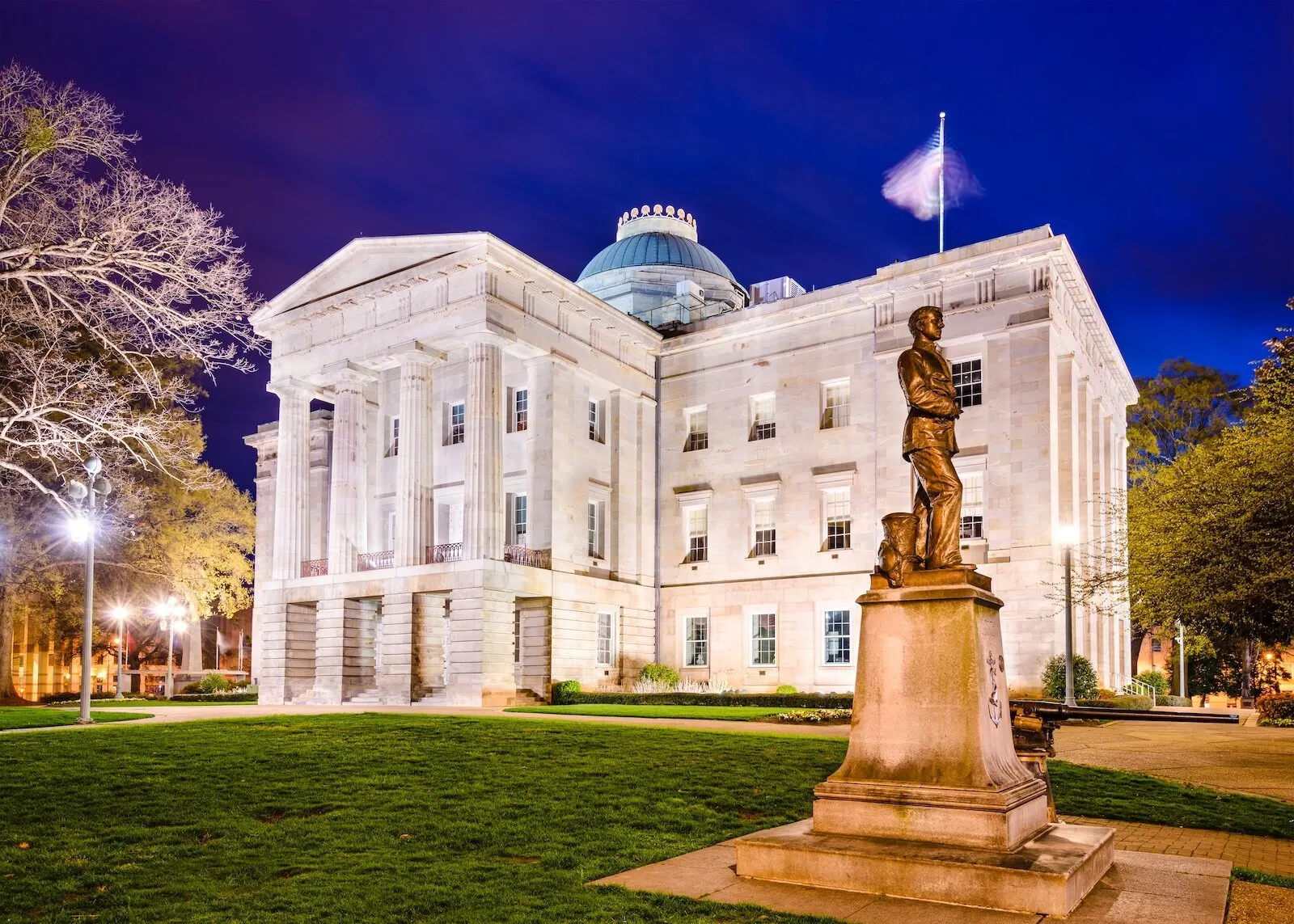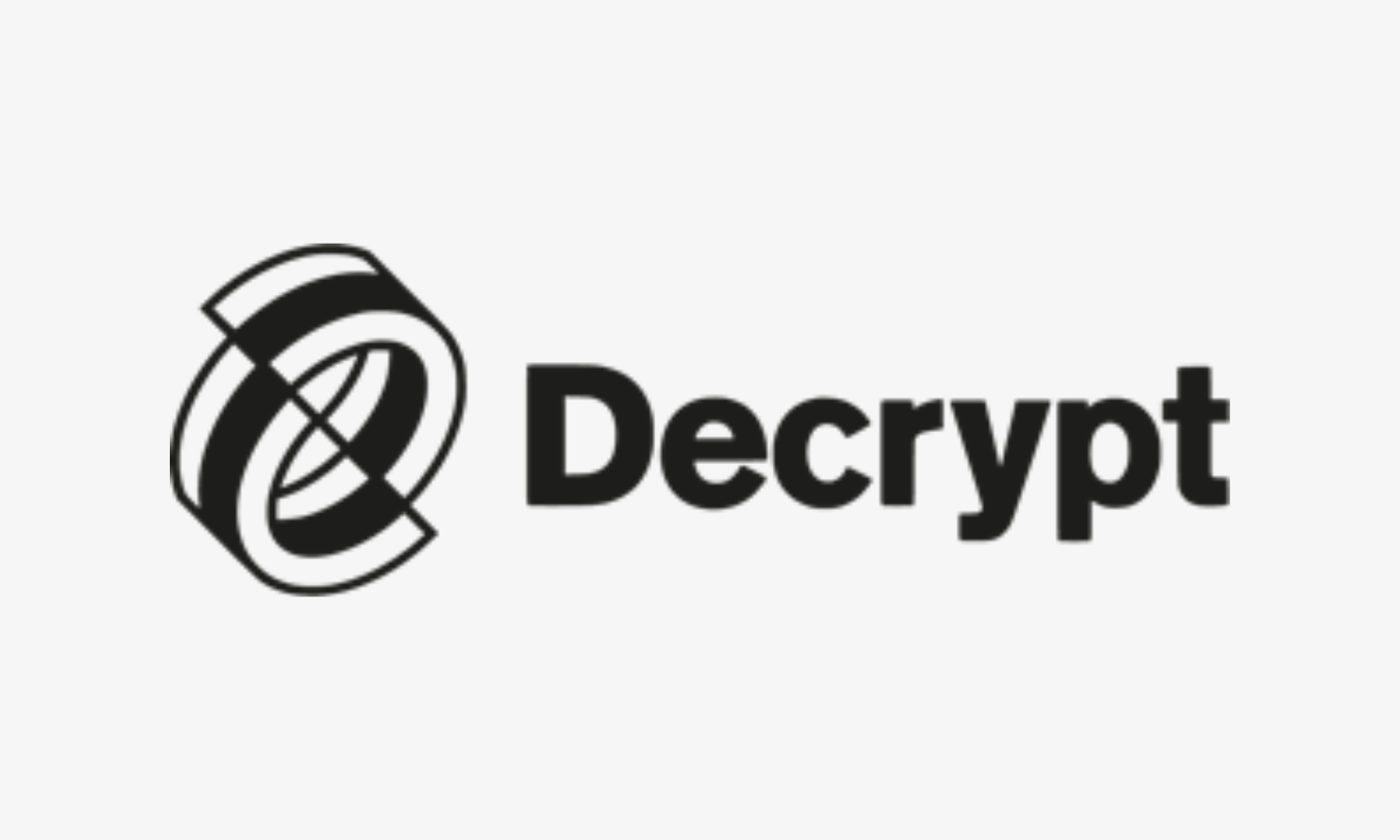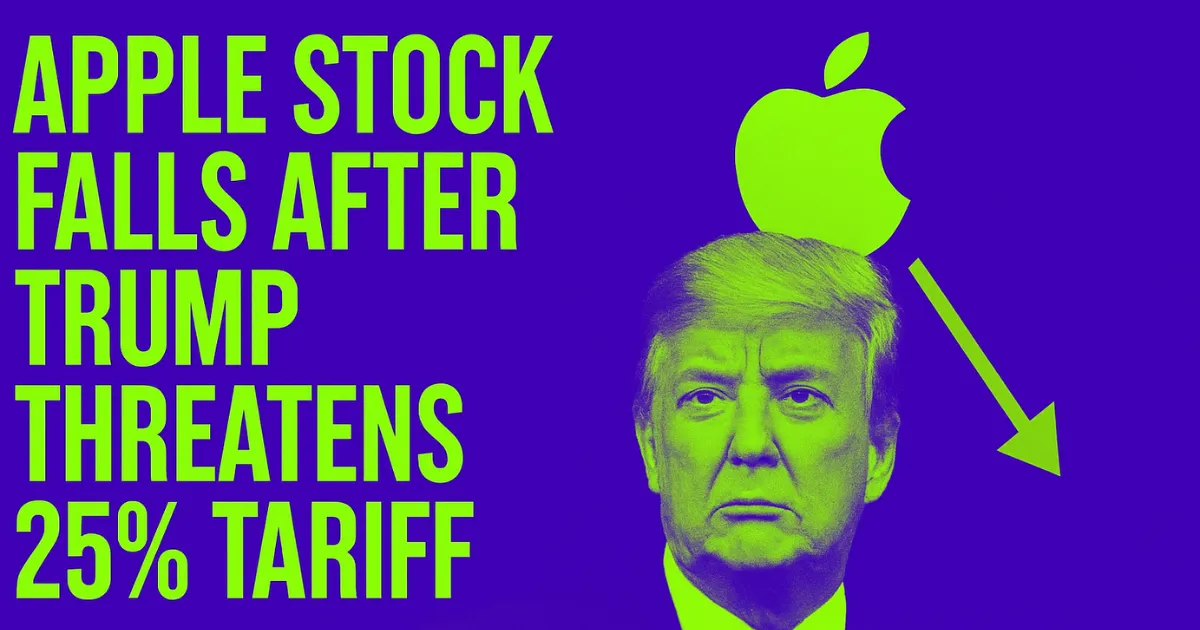North Carolina Digital Assets Bill Passes House, Moves to Senate for Debate

North Carolina’s House of Representatives passed a bill that would authorize the state to invest in digital assets, part of a push among states to adopt crypto.The measure now moves to the Senate for further debate.Dubbed the “Digital Assets Investment Act,” Primarily sponsored by Republican House Speaker Destin Hall, the bill will allow the State Treasurer to invest in qualified digital assets and consider incorporating them into state employee retirement plans.It instructs the Treasurer’s office to explore suitable investment vehicles, recommend contribution limits, and develop educational materials outlining the risks of digital asset investments. The bill also proposes a feasibility study on establishing a state-run reserve for seized or forfeited crypto assets, to be overseen by the State Bureau of Investigation in coordination with law enforcement.As former President Donald Trump Backing up the House bill, a That proposal would allow up to 10% of public funds to be allocated into Bitcoin, creating a formal reserve and enabling staking, lending, and other yield-generating strategies.Sponsored by Republican Senators Todd Johnson, Brad Overcash, and Timothy Moffitt, the bill positions Bitcoin investment as a “financial innovation strategy” to boost the state’s economic profile. It has passed its first Senate reading and has now been referred to a committee where it must undergo several hurdles, including further readings, in order to become law.North Carolina isn’t alone. Arizona, New Hampshire, and Texas are all considering similar Bitcoin reserve legislation, according to state crypto law tracker Meanwhile, at least a dozen other states are reviewing related proposals, some of which are juggling multiple crypto bills at once.Several states, including Indiana and But momentum has North Carolina’s HB92 itself was revised slightly in ambition as it was examined in the House. Although an Edited by

Published on Other News Site



















